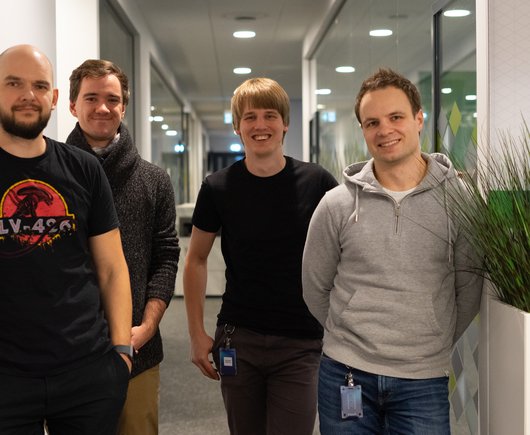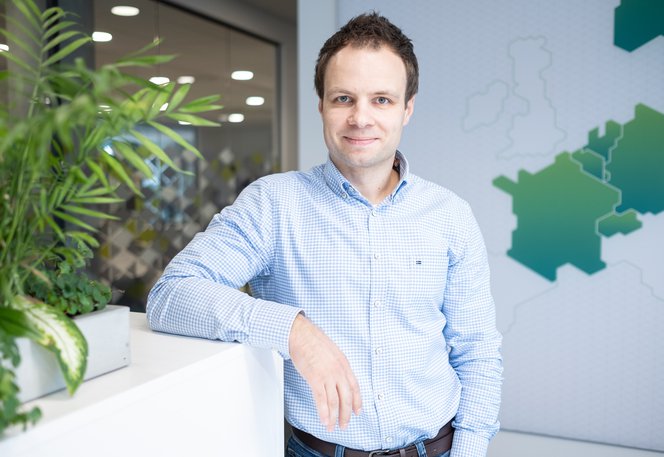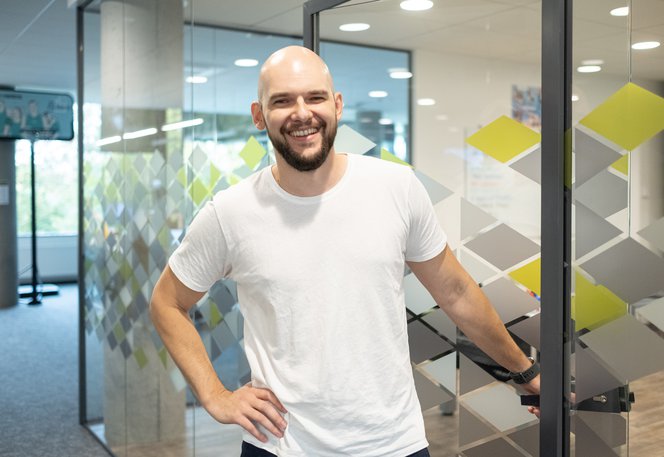“In recent years, the DevOps initiative and the changing IT world have led to the fact that the Programmer, System Administrator, Engineer, Tester and others are one team, boiling in the same kettle, and are equal in status and importance. It has enabled IT workflows to be efficient, fast and seamless. However, for many years now, in the general flow of information, IT specialist is considered to be the same as a Programmer, while in reality, the concept of an IT professional is much broader - from Engineers, Testers to Project Managers. So, it is no surprise that seeing this attitude, students naturally level all IT specialties down to the “Programmer.” This is probably also due to the constantly broadcasted message that the market mostly needs Programmers and only them.
Meanwhile, all you need is to think more broadly. Let’s say you are a programmer, who creates a mobile app or a webpage. What should be done next with the product? A good programmer knows that a newly created product must be placed somewhere, reach the user somehow, ensure its safety, and so on. This is the next step - when you are not focused solely on your task as a programmer, but you take a broader look and architecturally understand how many levels deep your app goes rather than just caring about what the user sees.
For example, a simple comparison: it is very important for the programmer that the program works as well as its functionality, for an IT engineer it is important that it operates reliably, safely and the way it was intended to. IT Engineer takes into account the modern threats, business requirements for reliability, what users are doing in the system, what data should be collected. These are the things that programmers usually overlook.
Another common myth that I encounter when interacting with young people is the idea that only a Programmer’s work is interesting and valuable - I program, create and make money for the company. Not at all! The fact that you have programmed something is the same as making an amazing car wheel that doesn’t fit any car.”






